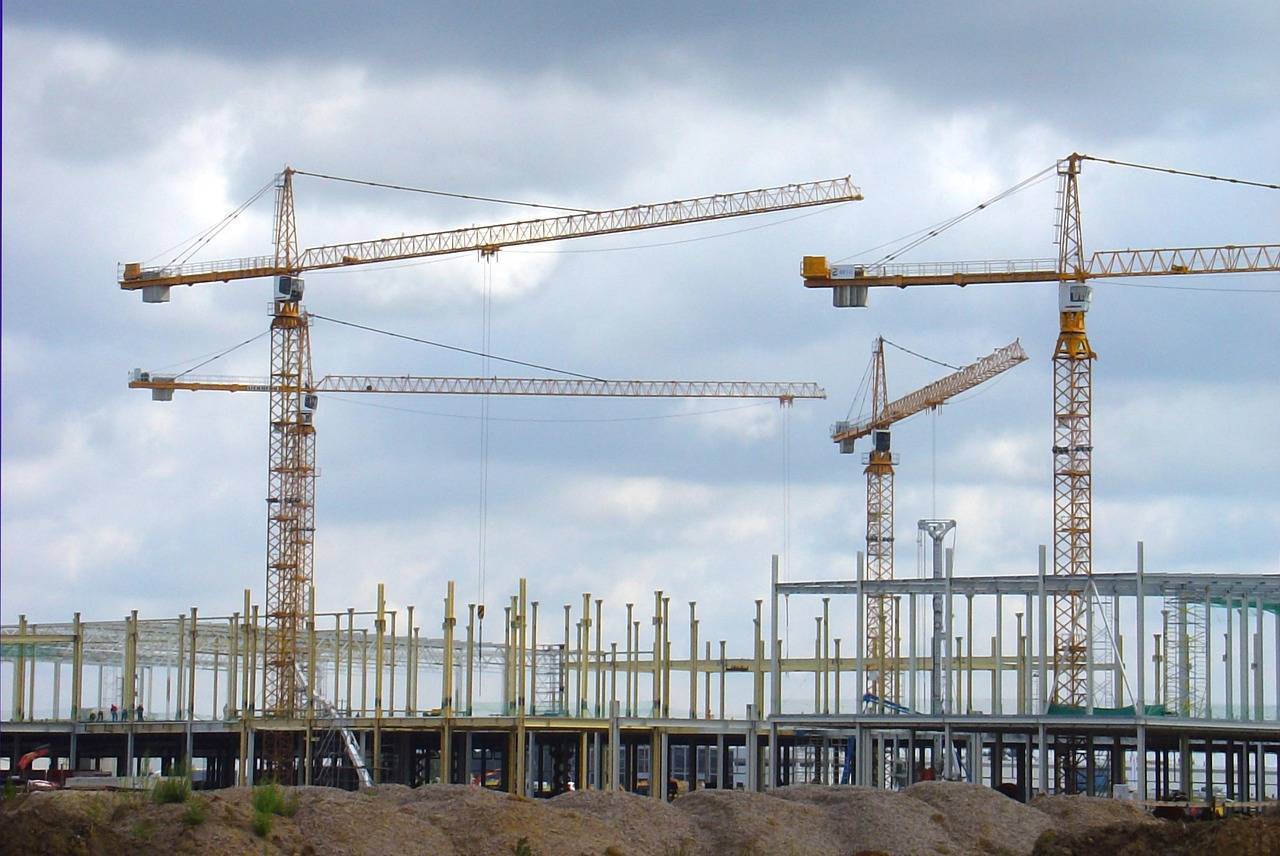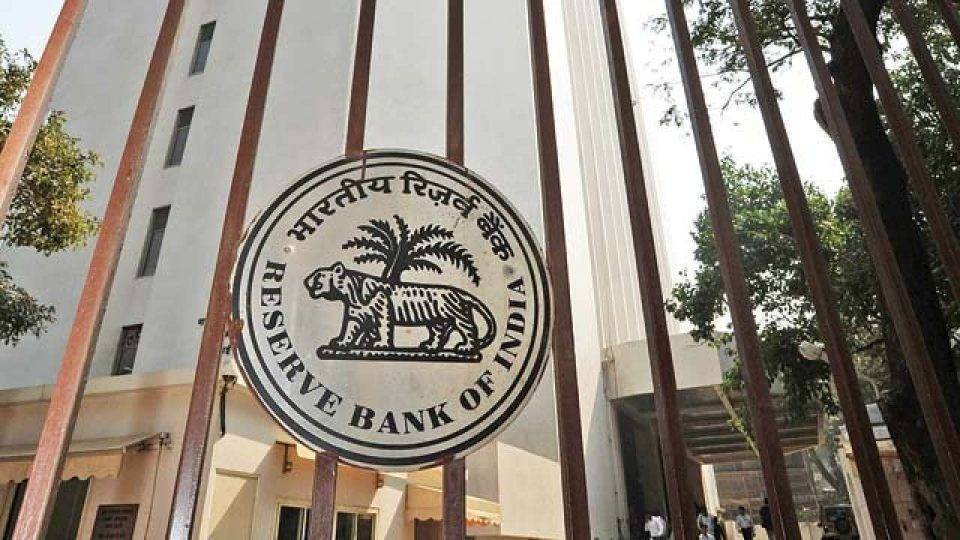Authorities overseeing the development of the Noida International Airport have introduced mandatory structural audits for all existing and upcoming buildings in the region. The decision was taken during the 86th board meeting of the Yamuna Expressway Industrial Development Authority (YEIDA), chaired by Additional Chief Secretary for Industries and YEIDA Chairman Alok Kumar.
The move reflects a shift towards stricter compliance as aviation operations prepare to commence at the airport. Officials confirmed that completion certificates for new constructions will only be issued once they pass the structural audit process. Importantly, the decision extends to existing buildings within YEIDA’s jurisdiction, ensuring that older structures also meet updated safety standards.
YEIDA Chief Executive Officer Rakesh Kumar Singh stated that the authority has adopted the structural audit policy of the Noida Authority to create uniformity across the region. A panel of experts from leading institutions including IIT Delhi, IIT Roorkee, the National Institute of Aviation, CSIR, and Central University will carry out the technical assessments. Their role will be to evaluate design, construction quality, and long-term stability of structures, ensuring they do not pose risks to residents or aviation activity.
The decision comes in the context of heightened awareness about aviation safety. A recent aircraft accident in Ahmedabad has increased scrutiny of construction practices around airports. With Noida International Airport scheduled to begin operations soon, planners are prioritising safe urban development to prevent similar risks.
Alongside audits, the board also approved amendments to building bylaws covering Noida, Greater Noida, and YEIDA regions. The changes will impose new height restrictions in colour-coded safety zones extending up to 20 kilometres from the airport. A consultancy agency will determine permissible height and ground coverage limits for each zone based on flight path requirements and aviation safety norms.
Currently, construction in the YEIDA region allows buildings up to 24 metres without special permissions, while taller projects require clearances from the Airports Authority of India (AAI). Under the revised system, approvals for structures within defined limits will be integrated into the map sanction process, streamlining compliance while ensuring aviation safety remains the first priority.
The policy aims to address two critical challenges: regulating rapid urbanisation around the airport and maintaining strict aviation safety standards. As the airport is expected to become a major hub for both passenger and cargo traffic, maintaining obstacle-free zones will be essential to flight operations.
To oversee the transition, a joint committee comprising officials from Noida Authority, Greater Noida Industrial Development Authority, and YEIDA will draft a comprehensive framework for government approval. This will include recommendations on audit procedures, penalties for non-compliance, and coordination mechanisms with AAI.
Experts view the decision as a step towards institutionalising structural safety as a regulatory requirement rather than an optional measure. By involving IITs and other national-level technical institutions, the framework ensures credibility and technical depth in assessments.
The upcoming Noida International Airport is one of India’s largest greenfield aviation projects. Spread across the Jewar region, it is expected to significantly boost connectivity for Delhi-NCR, Uttar Pradesh, and neighbouring states. With construction in advanced stages and trial operations expected soon, the adoption of structural audit policies and new bylaws is being seen as critical groundwork to secure long-term operational safety.









.png)